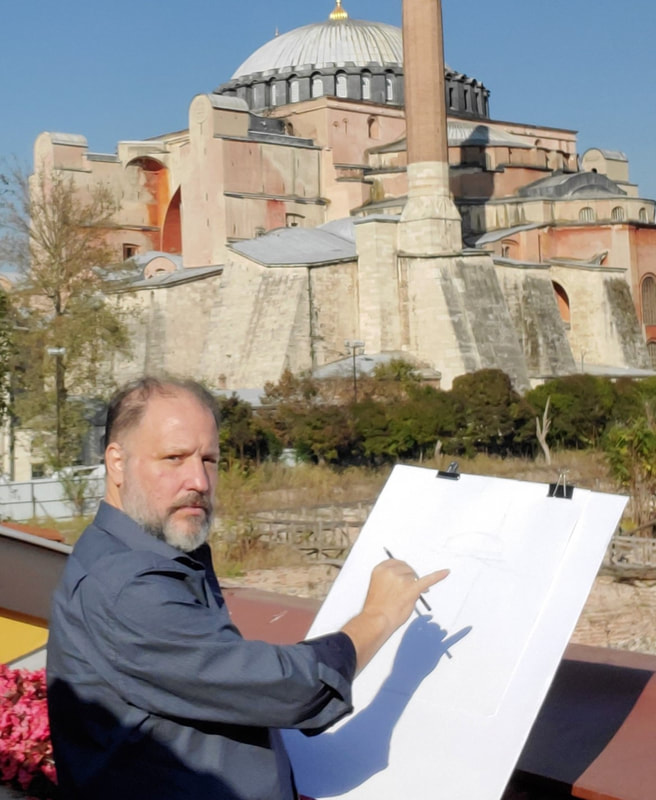Let us not be deceived. Mount Athos, the thousand-year bastion of Orthodox monasticism, is once again under siege—not from foreign invaders, but from Greece itself. A group of pseudo-monastics led by the defrocked and canonically condemned Methodius Papalamprakopoulos has entrenched itself illegally, upon this hallowed ground, flouting both ecclesiastical authority and civil law. Cloaked in the illusion of spiritual resistance, these squatters engage in actions that are neither ascetic nor Orthodox. Their continued occupation of the holy grounds of the ancient and historic monastery of Esphigmenou and its Konaki (Representative House) in Karyes, the capital of Mt Athos, is not an act of piety but one of defiance—a rebellion against the very canonical and legal foundations that safeguard the integrity of the Holy Mountain. This article rebuts some recent anonymous apologia that presents the Methodian group as persecuted ascetics, victims of ecclesiastical politics. The article in question egregiously omits the critical, unanimous condemnations rendered by every legitimate authority, -both religious and civic. The facts are irrefutable and extensively documented. The General Council of Mount Athos, the Holy Synod of the Ecumenical Patriarchate, the courts of Thessaloniki, and ultimately the National Supreme Court of Greece have all ruled against the Methodian sect. Their rulings are not obscure legal footnotes but decisive declarations affirming that Methodius and his followers are, quite literally, trespassers in every legal and canonical sense. The so-called “resistance” mounted by these pseudo-monks exists in stark contrast to the recognized and canonically installed New Brotherhood of Esphigmenou. This legitimate community is fully integrated into the liturgical and administrative life of the Athonite peninsula and enjoys the unambiguous support of all canonical Orthodox Churches. As the Ecumenical Patriarchate has declared, "The canonical order of the Church is not optional—it is the framework within which the Holy Spirit acts." To oppose this order is to sever oneself from the Body of Christ. The Old Calendarist and schismatic groups that support Methodius seek not renewal but rupture. Contrary to their misleading self-identifications as "Genuine Orthodox Christians," these G.O.X. dissidents are canonically severed and often legally culpable. Their rhetoric is a form of ecclesiastical sophistry, designed to ensnare the faithful in theological and canonical confusion. As Saint John Chrysostom warned, “It is not possible to be in the Church and cut off from the Church at the same time” (Homilia in Ephesios). Violence and Criminality The Methodian enclave and sycophants have not only rejected the canonical Church—they have weaponized their rejection. Reports from the Sacred Community and Greek police cite numerous acts of aggression, including the attempted murder of a monk from the New Brotherhood just days ago. Molotov cocktails have replaced incense; barricades and barbed wire have supplanted icons and prayer ropes for these fraudulent actors. This is not monastic resistance—it is monastic terrorism. I witnessed firsthand the violence and hostility of the rabble that unlawfully occupies the sacred grounds. On a recent pilgrimage to Mount Athos, our group was unable to approach the occupied, ancient structure they inhabit, not out of reverence, but out of fear. The atmosphere was tense, the air heavy with menace, and the presence of these self-proclaimed monks felt more like an armed encampment than a monastic refuge. In the garden of the Konaki, where peace and prayer should reign, we found desecration: a marble tablet commemorating the visit of His All Holiness, the Ecumenical Patriarch, and the tree he planted as a sign of blessing and continuity, had both been destroyed. The mendacious Methodian faction had cut down the tree and shattered the tablet—symbols not only of disrespect but of outright contempt for the Church’s unity and sacred memory.
One must ask: What kind of Orthodox monasticism expresses itself through arson, assault, and armed barricades? The answer is none. These actions are unprecedented in Athonite history, and they desecrate both the spiritual and physical sanctity of the Holy Mountain. “A monk without obedience is a soldier without a flag,” said Saint Paisios the Athonite. Methodius’ faction is not only without a flag; it is actively burning the very monastery under which it once claimed spiritual allegiance. I will not repeat the vile statements that this trans-monk, Methodios, has denounced about the newly canonized saints like Paisios, Porphyrios, Iakovos and others. Methodios Papalamprakopoulos is a disgrace. Constitutional Clarity The legal framework protecting the monastic republic is as robust as its spiritual tradition. Article 105 of the Greek Constitution enshrines Mount Athos as a self-governed monastic state under the jurisdiction of the Ecumenical Patriarchate, while remaining part of the Hellenic Republic. This unique constitutional status is the product of historical continuity from the Byzantine and Ottoman periods through to modern Greece. The inclusion of Article 105 ensures not only the spiritual autonomy but also the legal protection of Athonite governance. 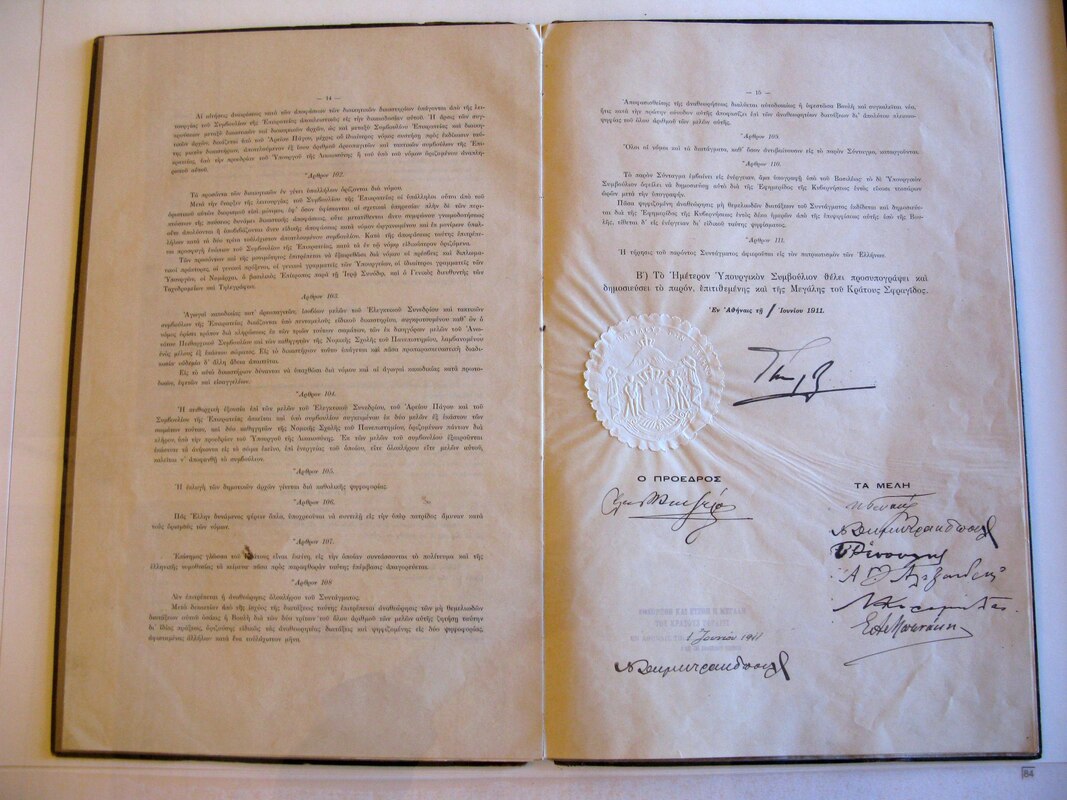 Article 105 of the Greek Constitution, within Chapter III (Regime of Mount Athos), deals with the special status of Mount Athos (Aghion Oros). It outlines that the peninsula is a self-governed part of the Greek state, under the direct jurisdiction of the Ecumenical Patriarchate for spiritual matters. Residents, upon becoming monks or novices, automatically gain Greek citizenship. The region is governed by its twenty Holy Monasteries, and the administrative system, number of monasteries, and their hierarchy are protected from change. Non-Orthodox or schismatic persons are prohibited from residing there let alone criminals of both civil and ecclesiatic courts. To occupy sacred property without the consent of the Holy Community is a direct violation of this constitutional and canonical order. The courts have ruled unambiguously: Methodius and his followers are illegal occupants. Their relentless occupation of the sacred mountain is not merely an act of civil disobedience; it is a bold defiance of ecclesiastical authority and a flagrant violation of legal boundaries that demands immediate attention. The Hellenic Republic—guardian of the Christian legacy carved into its very soil and baptized in the blood of saints and martyrs—must fulfill its constitutional obligations immediately and without hesitation. Article 105 is not a symbolic gesture but a binding mandate to preserve the canonical and legal order of Mount Athos, a sacred inheritance entrusted to the Greek state by history, faith, and law. The continued illegal occupation of holy ground by defrocked, criminal elements is not merely a breach of peace—it is a desecration of a living sanctuary and an affront to the Greek Constitution itself. The Republic must act—not as a reluctant bystander, but as a vigilant steward of Christian civilization—enforcing the rulings of its highest courts and restoring order to the Holy Mountain, lest it become a refuge for anarchy under the guise of piety. Political Exploitation The involvement of radical political figures, particularly Kyriakos Vellopoulos, adds a sinister dimension to this crisis. Known for his sensationalist media background and ties to Old Calendarist/schismatic groups, Vellopoulos has leveraged his platform to amplify and attempt to legitimize the actions of the Methodian faction. His support is not theological but opportunistic—a cynical alliance that destabilizes both ecclesiastical order and national integrity. By championing schismatics, Vellopoulos exacerbates tensions on the Holy Mountain and undermines the state’s commitment to uphold constitutional order. It is a political act that borders on incitement. “Woe to those who call evil good and good evil,” warns the Prophet Isaiah (Isaiah 5:20), and Vellopoulos’ interventions invert moral and legal clarity for short-term ideological gain. This new left-wing anger machine, with its hyper-masculine anti-Orthodox slogan “Orthodoxy or death” mindset, is truly foreign to the Orthodox phronema. When combined with pandering politicians, it is heavily influenced by Russian foreign policy and expansionist ideology, a remnant of the Soviet era, that thrives in Russian Orthodox mentality and remains a stain on the Holy Mountain. What we are witnessing is not merely a dispute over monastery ownership, or a clash of personalities, or even the ridiculous notion that this is a difference of opinion over talks with the Pope; it is a manifestation of ecclesiological disorder. The pseudo-monks suffer from what one might call a “canonical psychosis”: a mania of schism cloaked in faux-traditionalist garb. Their disorder is infectious. Archons spearheading the Religious Freedom efforts and the fight for the liberation of Mount Athos on behalf of the legitimate Brotherhood, warned that it threatens to degrade Orthodox phronema. This sacred mindset governs humility, prayer, and obedience. “Ecclesiastical order is not legalism,” says Metropolitan Kallistos Ware, “but the rhythm of the Holy Spirit moving through time.” To stand outside this rhythm is to fall into a cacophony, and this discord now reverberates through the Holy Mountain. To defend Mount Athos is to protect not merely a place but a pattern—a sacred order in the Church Christ founded and handed down through the holy apostles, church fathers, councils, synods, patriarchs, and saints. The presence of Methodius and his followers is not only unlawful but also antithetical to the Athonite ethos itself. No amount of romanticized resistance can sanitize their actions. And no amount of pious charlatanism can correct their ecclesiology. In the words of Saint Ignatius of Antioch: “Where the bishop is, there is the Church.” The Methodians have no bishop, no canonical standing, no blessing—only slogans, violence, and the illusion of sanctity. The house is not divided. The Church stands whole. Beneath the sacred silence of Mount Athos, a darker narrative unfolds—one steeped in political manipulation, economic exploitation, and ecclesiastical betrayal. At the center of this vortex lies a concerted effort by Russian actors to assert influence over the Holy Mountain, turning what was once a spiritual bastion into a geopolitical pawn. For decades, Russian Orthodox interests backed by oligarchic wealth and state-sponsored agendas have sought to entrench themselves, sometimes successfully, when the Church proper is silent about Russian abuses against the norms (canons). Athonite communities also experience needs and challenges.... Lavish donations to monasteries, strategic support for Russian-speaking monks, and backdoor pressure on monastic councils have not only tipped the theological balance but also opened corridors of influence that stretch deep into the heart of Greek politics. The Russian machine has undeniably done the same in Turkey, Albania, Jerusalem, Syria, Africa, and beyond. Ties between certain Greek representatives to Athos and Russian interests are no longer whispered secrets. From shadowy oil deals smuggled through opaque shipping routes to political favors traded for ecclesiastical endorsements, the network of corruption weaves through the corridors of both the Church and the State. Unfortunately, corruption is not foreign to Greek politicians, Archons, clergy, monastics, or even famous Greek shipowners—some of whom are under investigation for illicit activities—enjoy immunity through carefully cultivated political patronage. High-ranking government officials, entrusted with the protection of the republic’s spiritual and cultural heritage, instead offer it up as currency in a global power play. This confluence of power, oil, and faith paints a bleak picture. The sacred is no longer safe from the profane; “stand well” before the Holy Mountain becomes a secret nexus for laundering not just money, but moral authority. When law and faith are trampled underfoot by impostors, silence is not peace; it is betrayal. The Holy Mountain will not be surrendered to those who mistake rebellion for righteousness, nor can its sacred legacy be safeguarded by those who defile it with Molotovs and manifestos. Orthodoxy is not preserved through violence and slogans, but through obedience, sacrifice, and the pursuit of truth. A monastery without canon is not a sanctuary—it is a stronghold of delusion; a theater of spiritual anarchy masked as piety. To defend Mount Athos is to protect the very soul of Orthodoxy itself—now is the hour to act. The legitimate Brotherhood of Esfigmenou monastery has the full support of all competent ecclesiastical and civic authorities, standing in rightful guardianship of the monastery's sacred tradition and canonical order. “There are 74 court rulings against these individuals,” Abbot Bartholomew said. “And yet, the authorities have failed to enforce them. If Greece is truly a state of law, these rulings must be executed. The monastic robe cannot serve as a shield for violent behavior.” References:
Relevant Videos: Comments are closed.
|
Most Popular Posts
Archives
October 2024
Categories
All
Αγιογράφος
Ηλίας Δαμιανάκης Άρχων Μαΐστωρ της Μεγάλης του Χριστού Εκκλησίας AuthorBy the Grace of God Archon Elias Damianakis has ministered in the study of Holy Iconography since 1980. In his biography you can read about Elias' life and on his portfolio page you can see where he has rendered some of his hand painted iconography or visit the photo galleries to see some of his work. There is a complete list of featured articles, awards and testimonials which you can visit, as well as a list of notable achievements here below. Please contact Elias for more information or suggestions for this website, thank you and God Bless. |

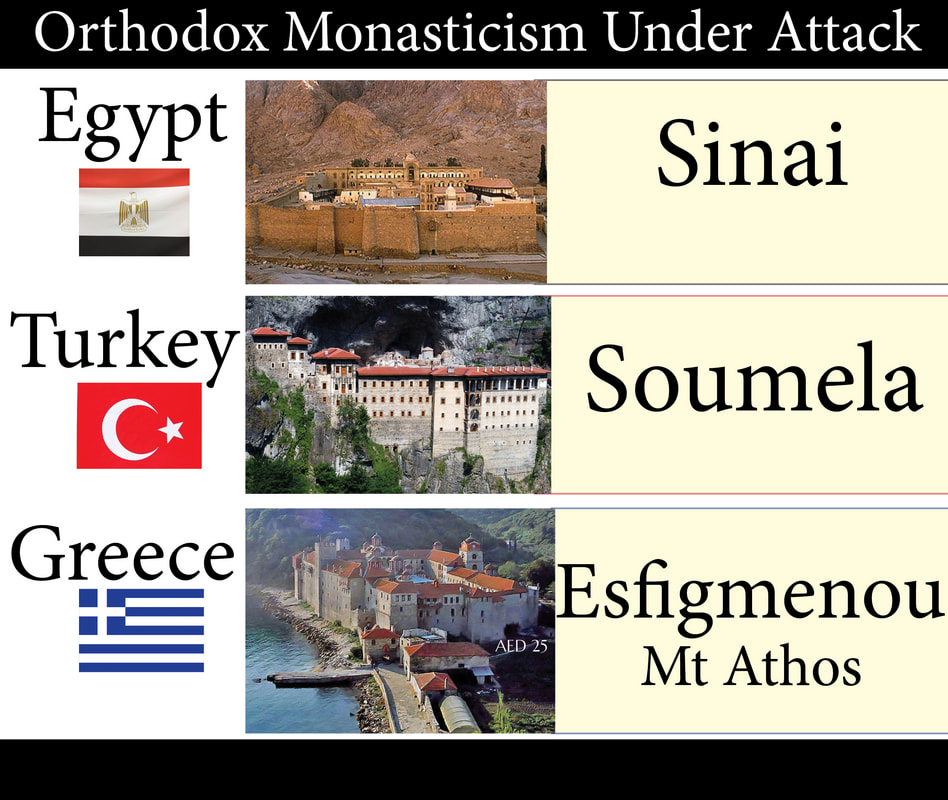

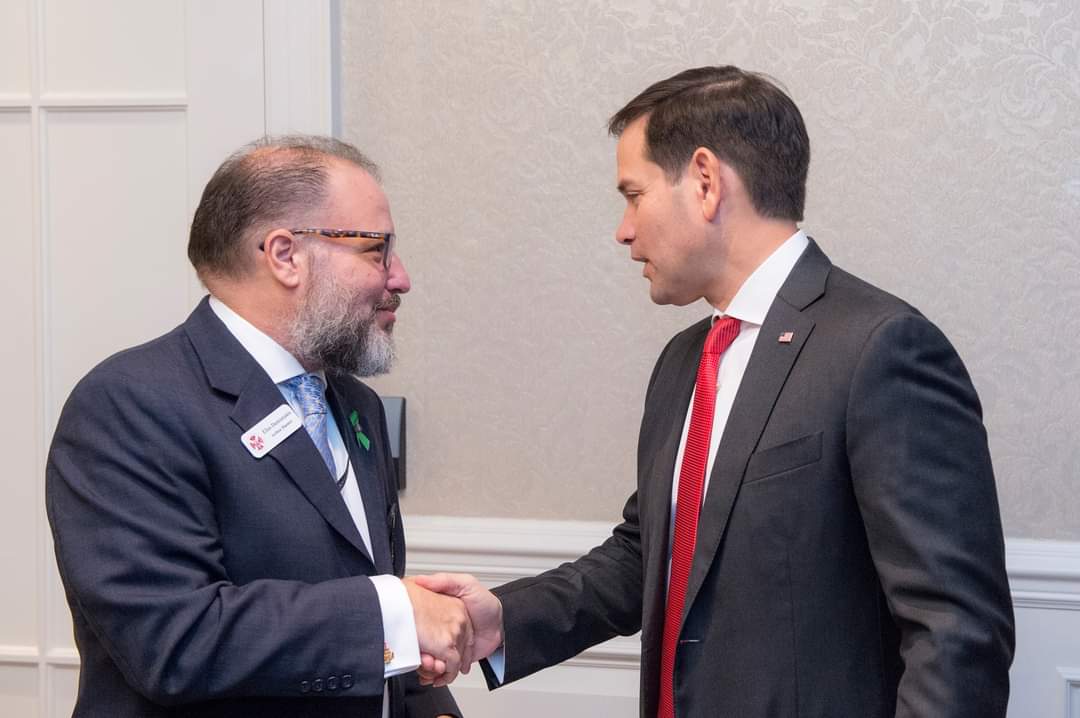

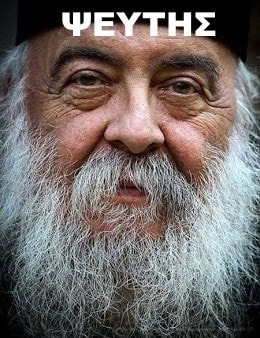


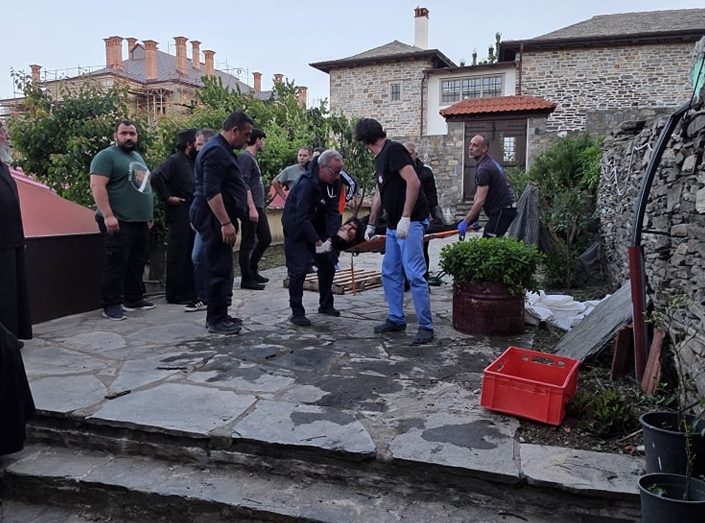
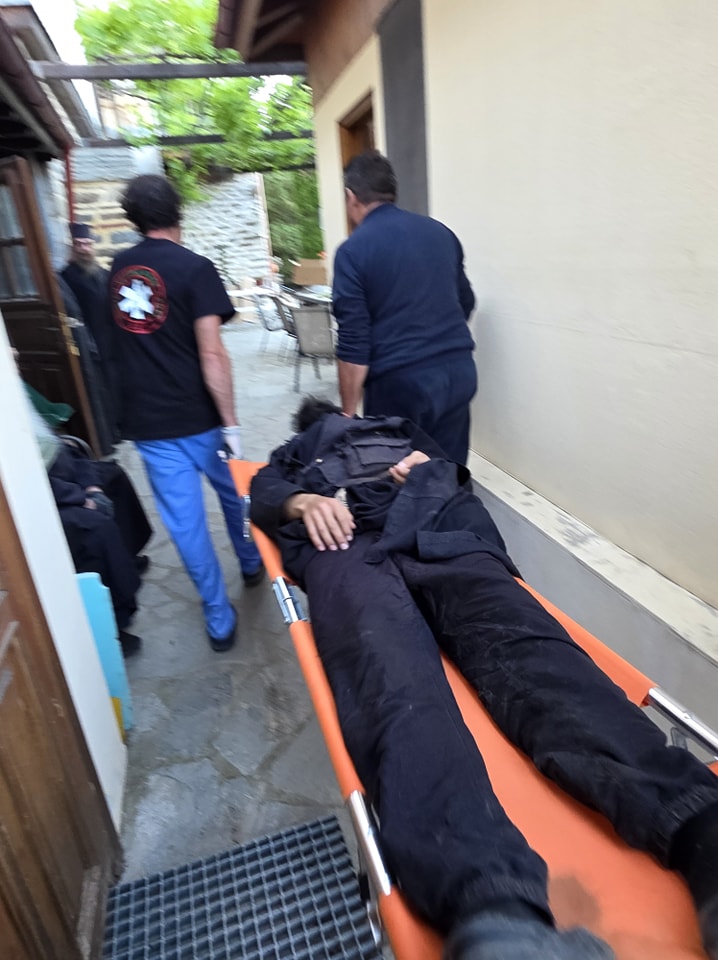



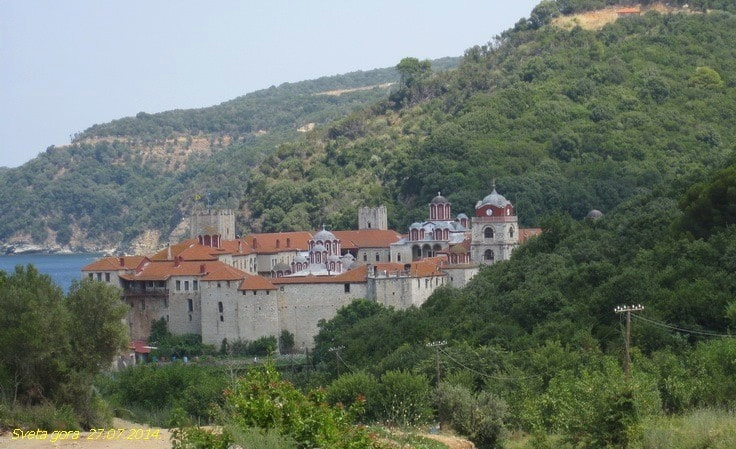
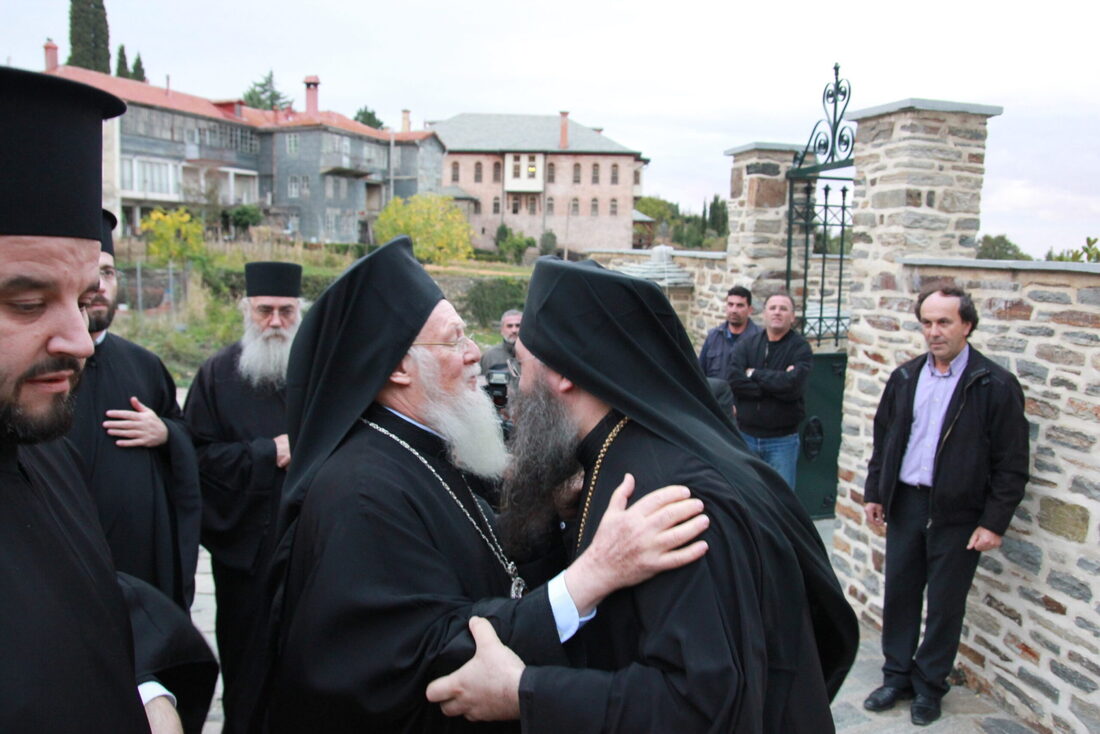

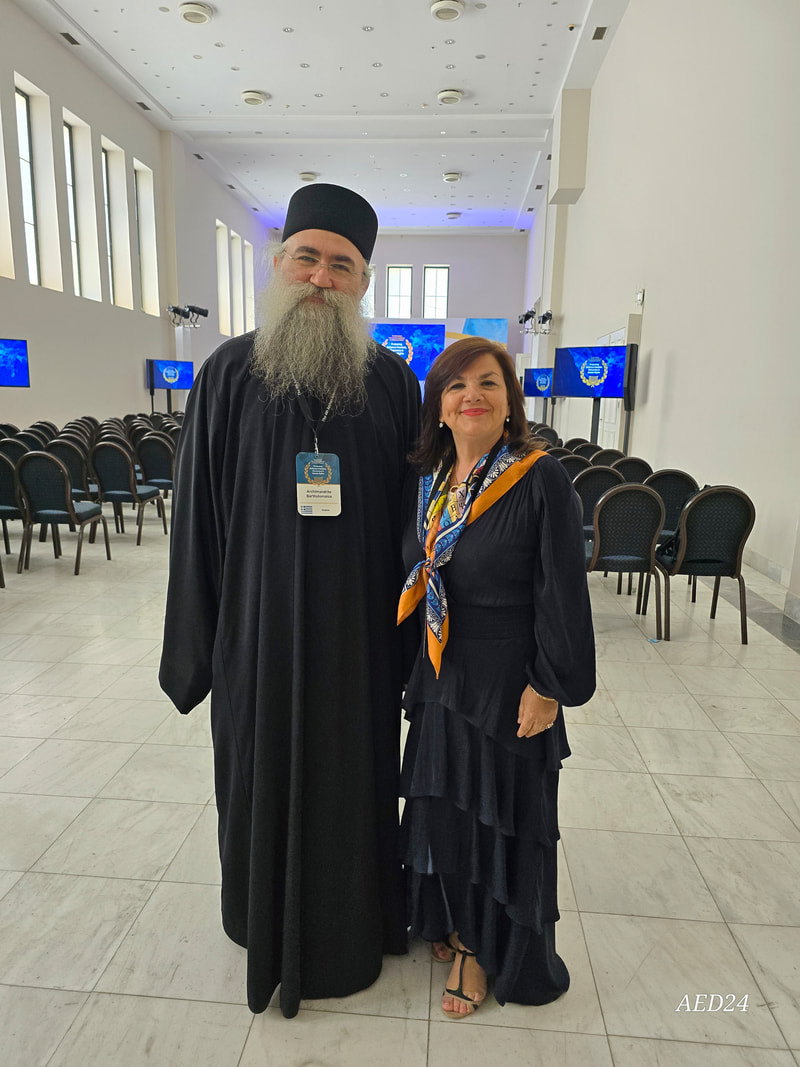

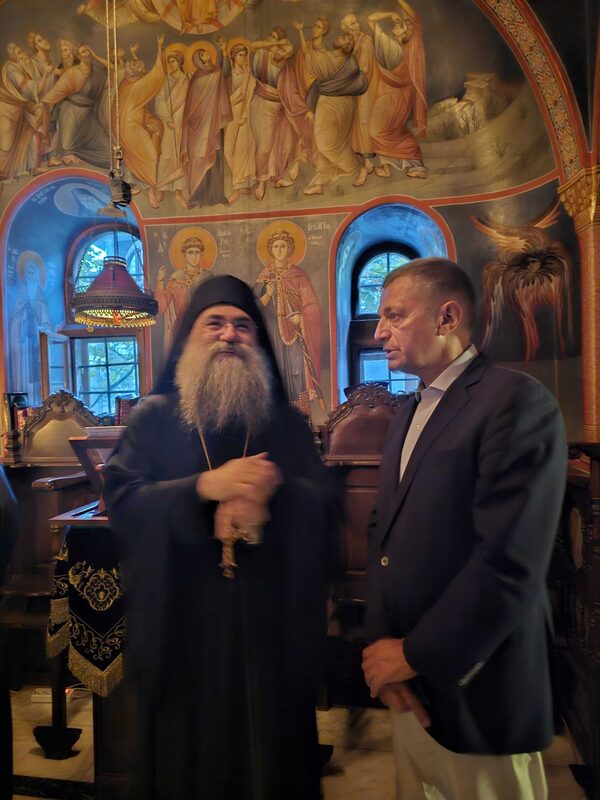
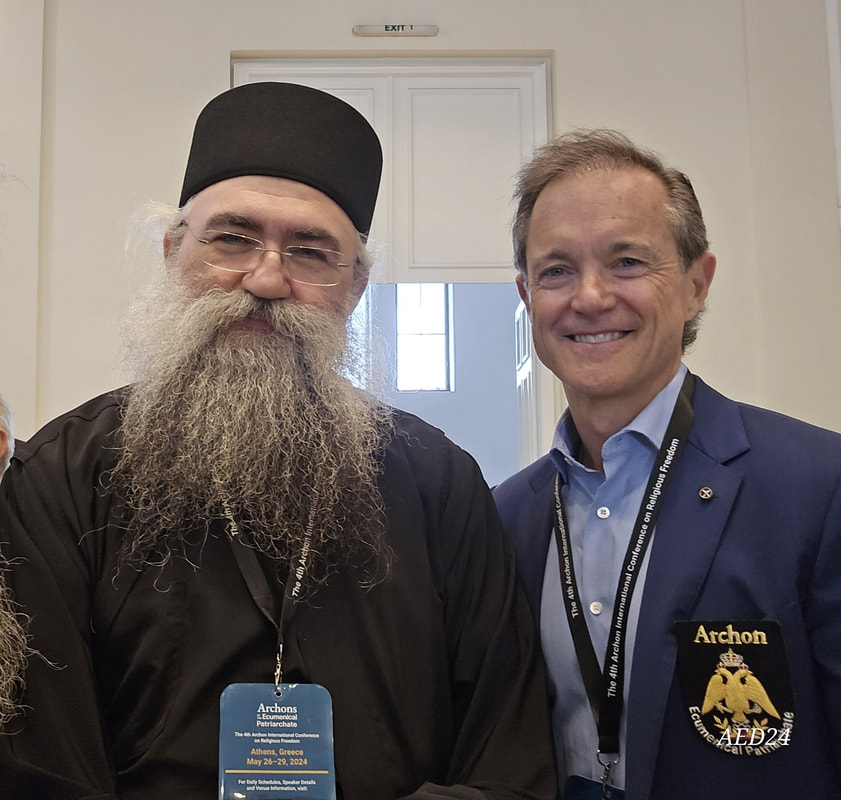

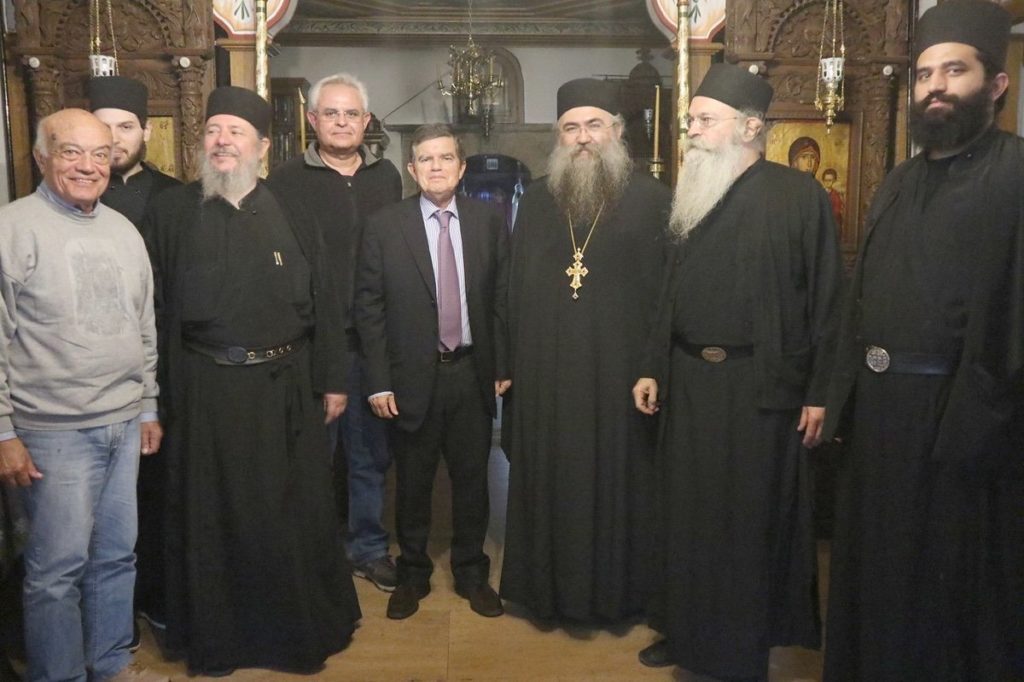


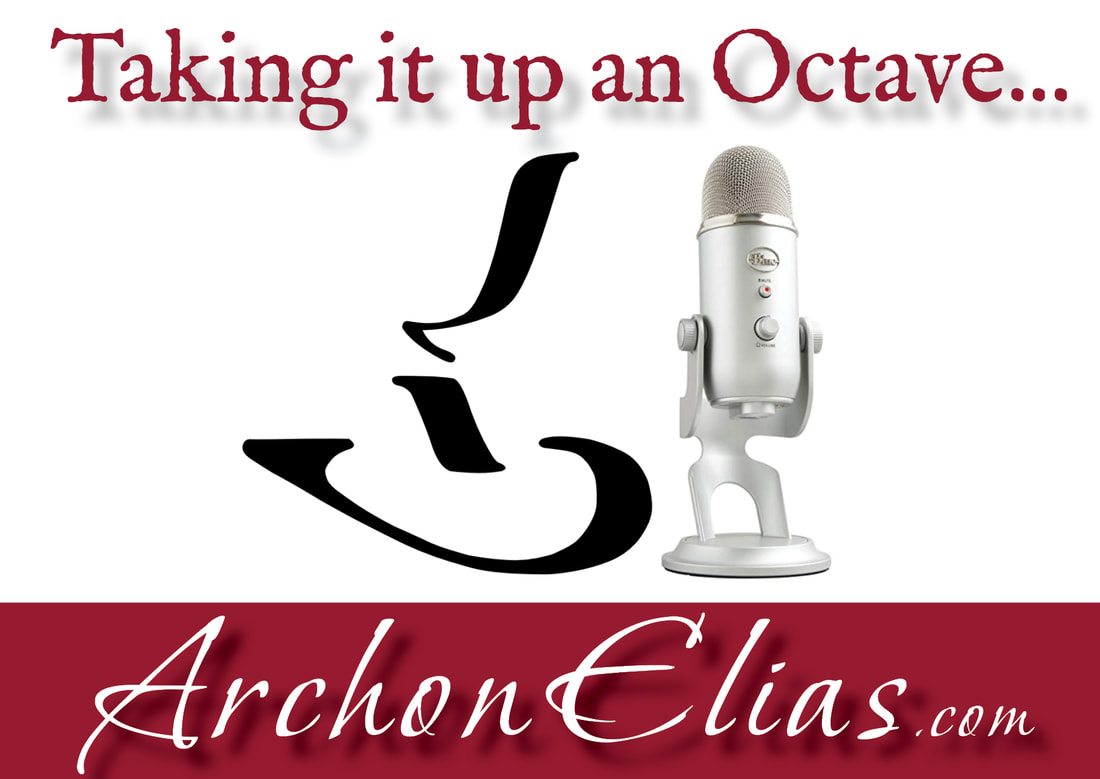
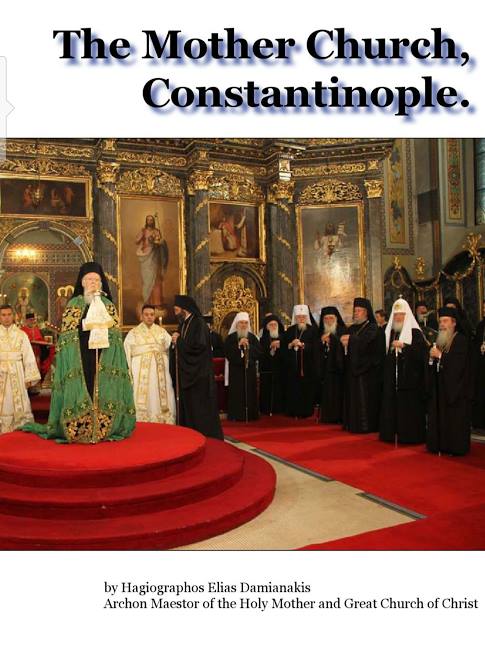
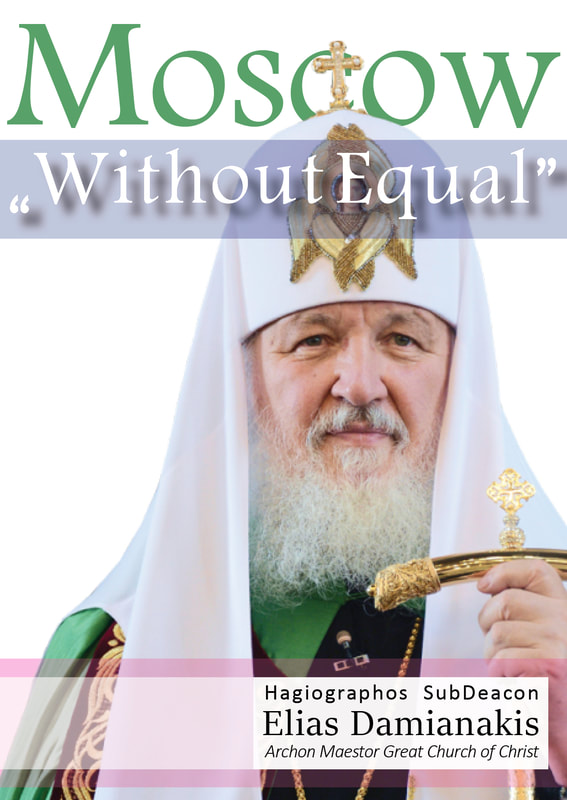
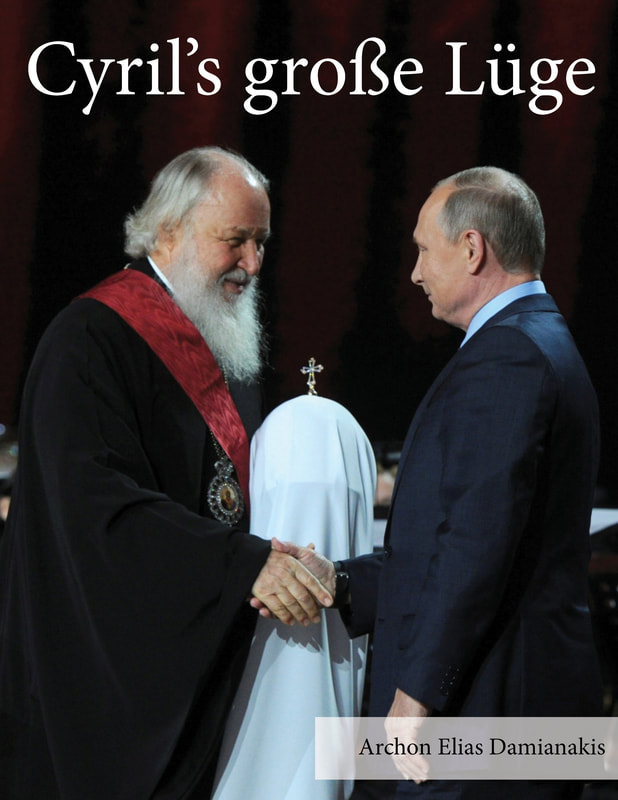
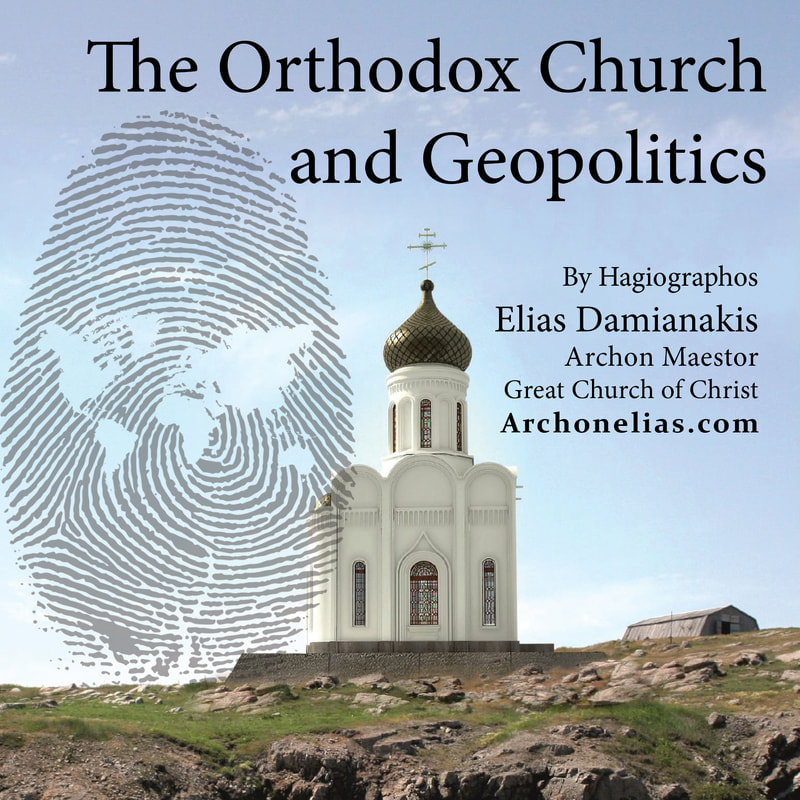
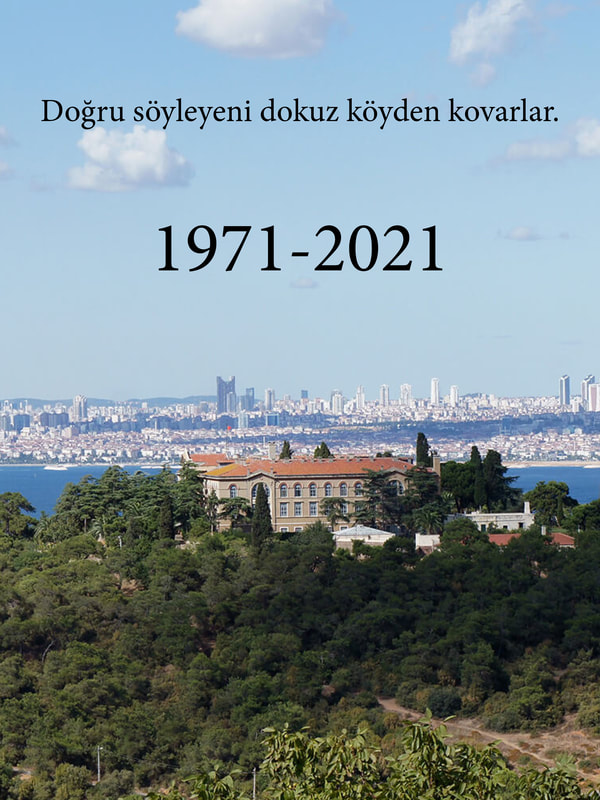
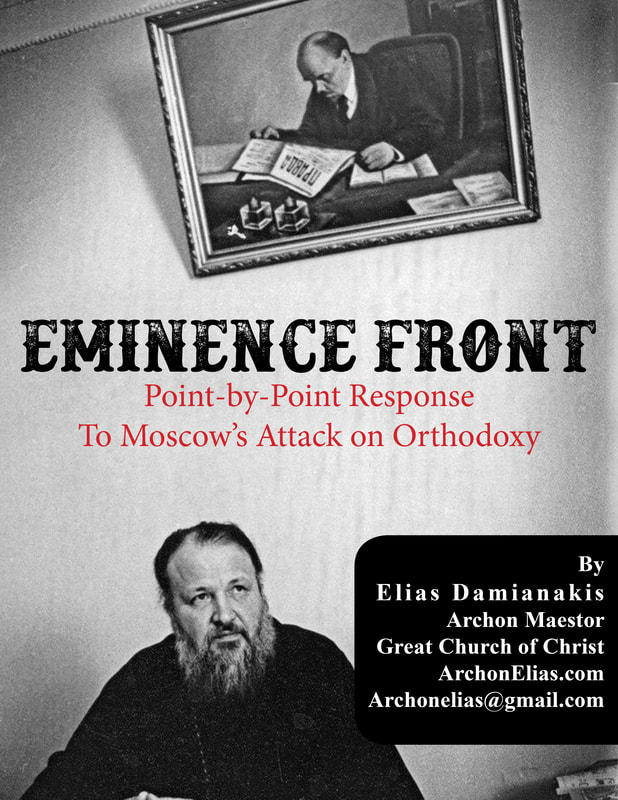
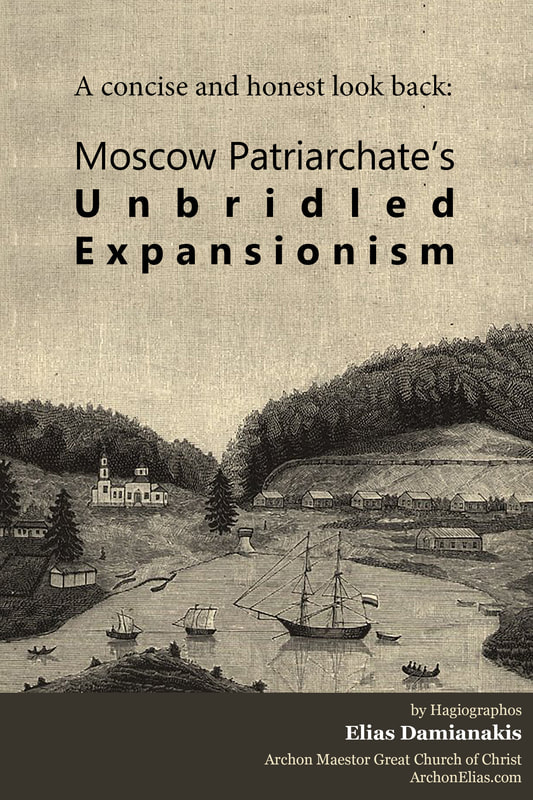
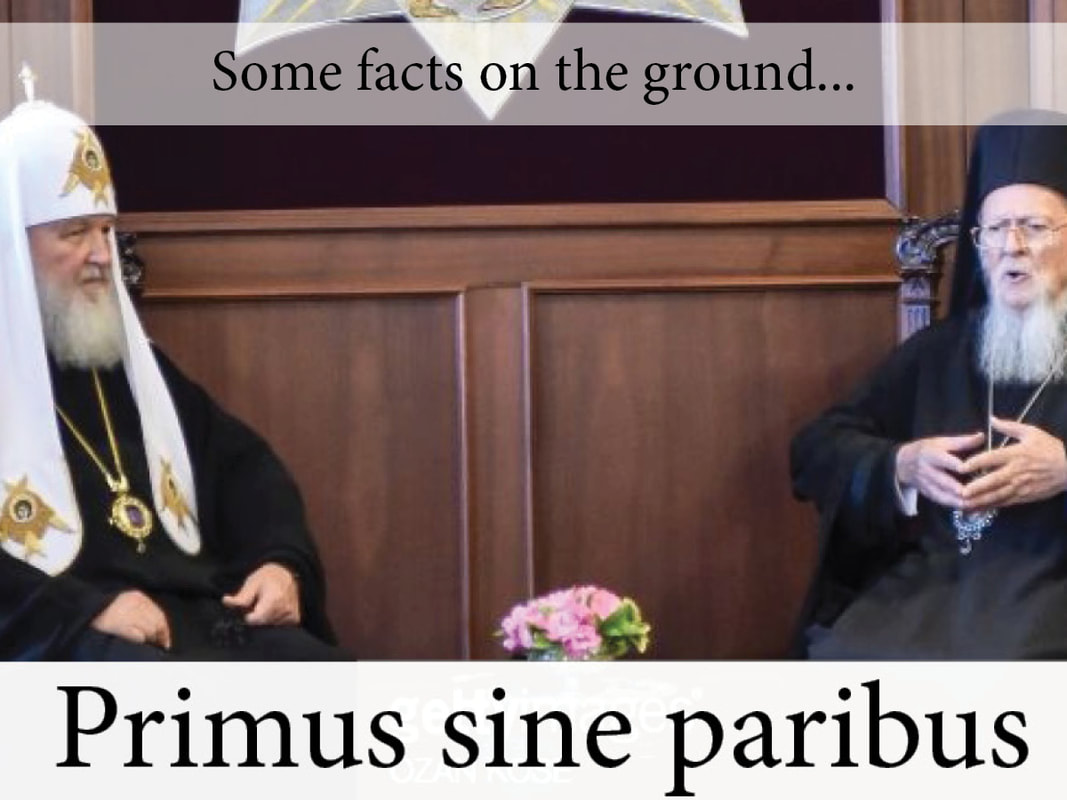
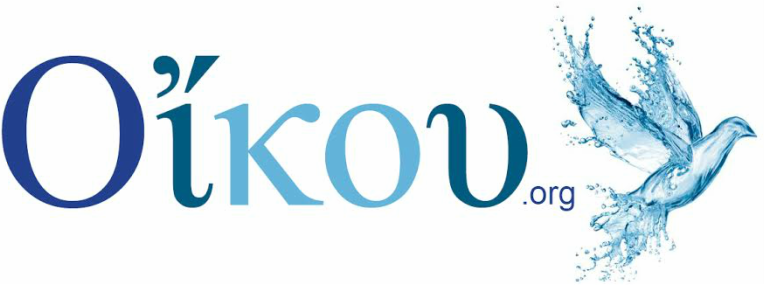
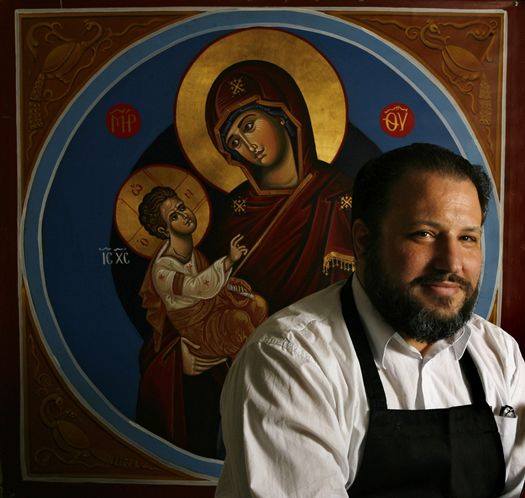
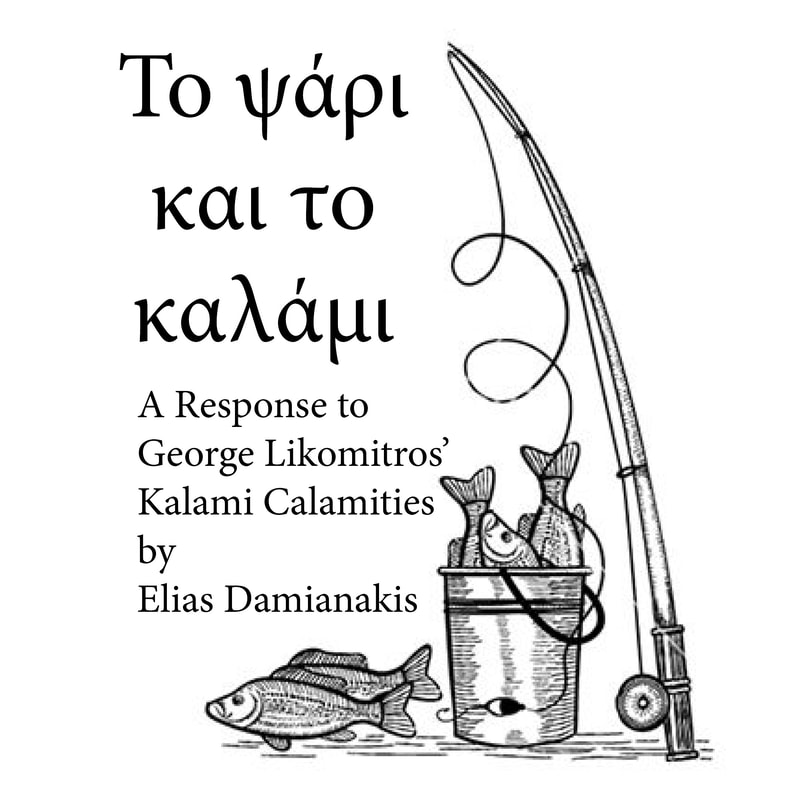
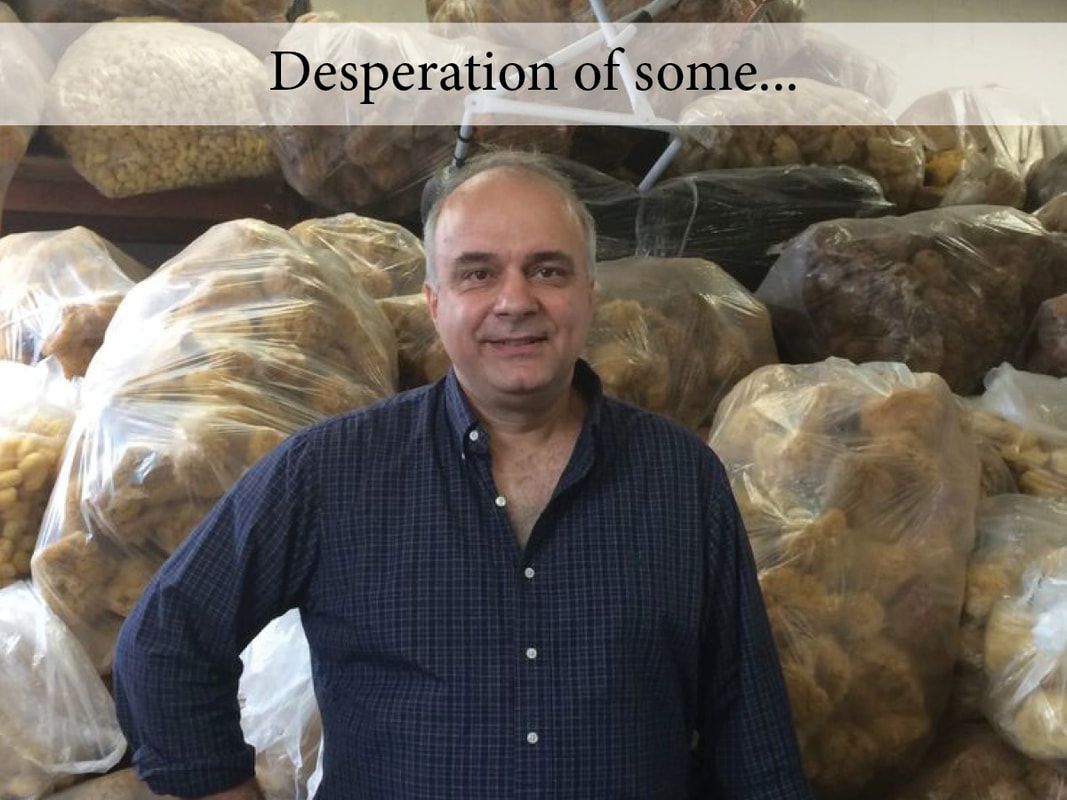
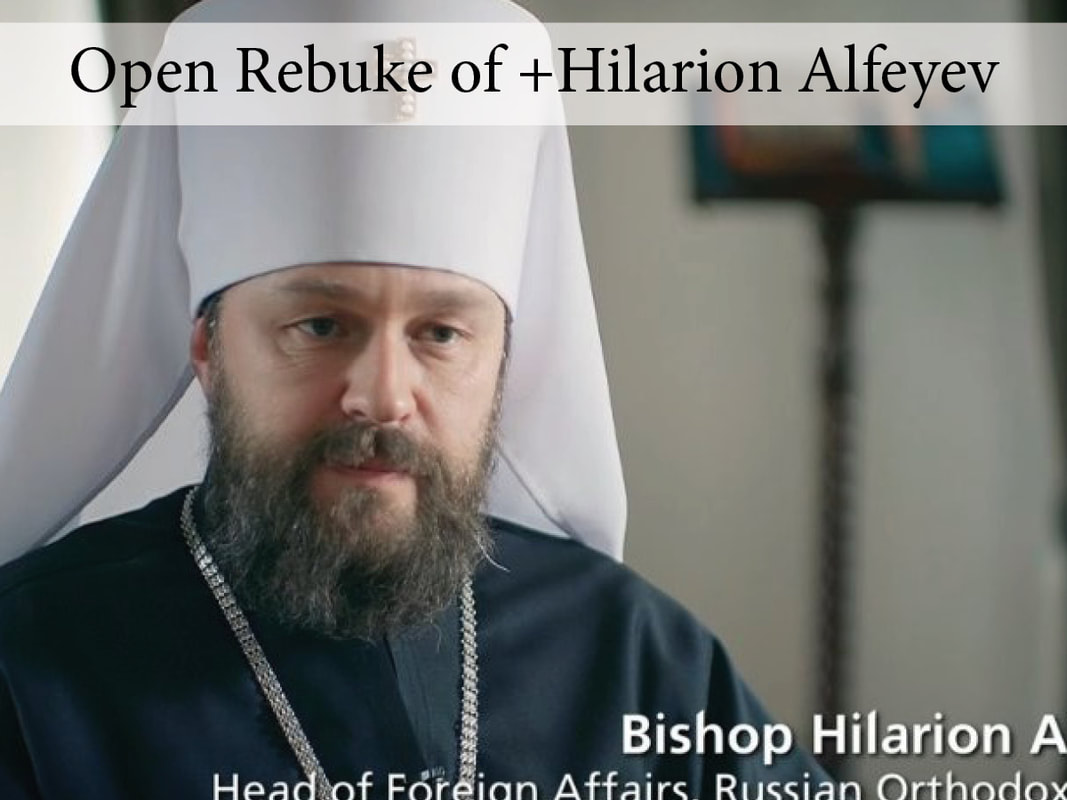
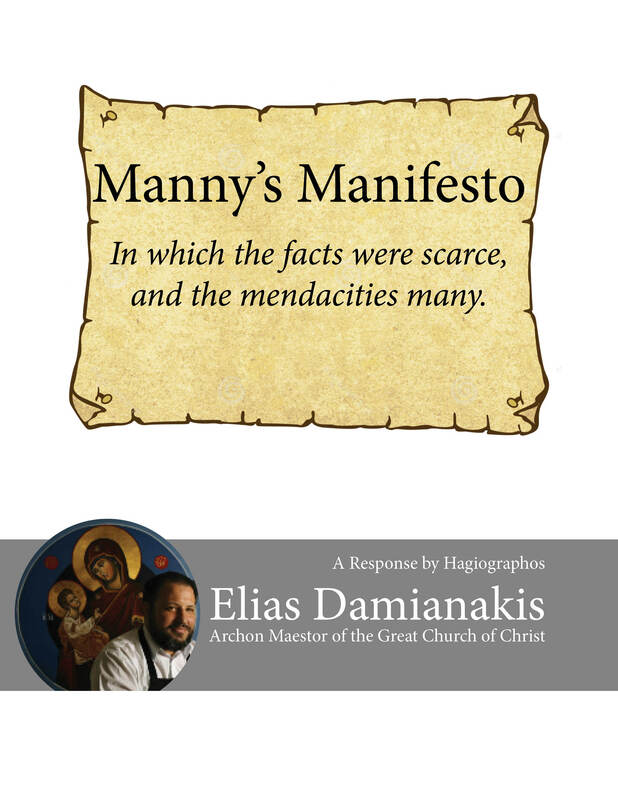
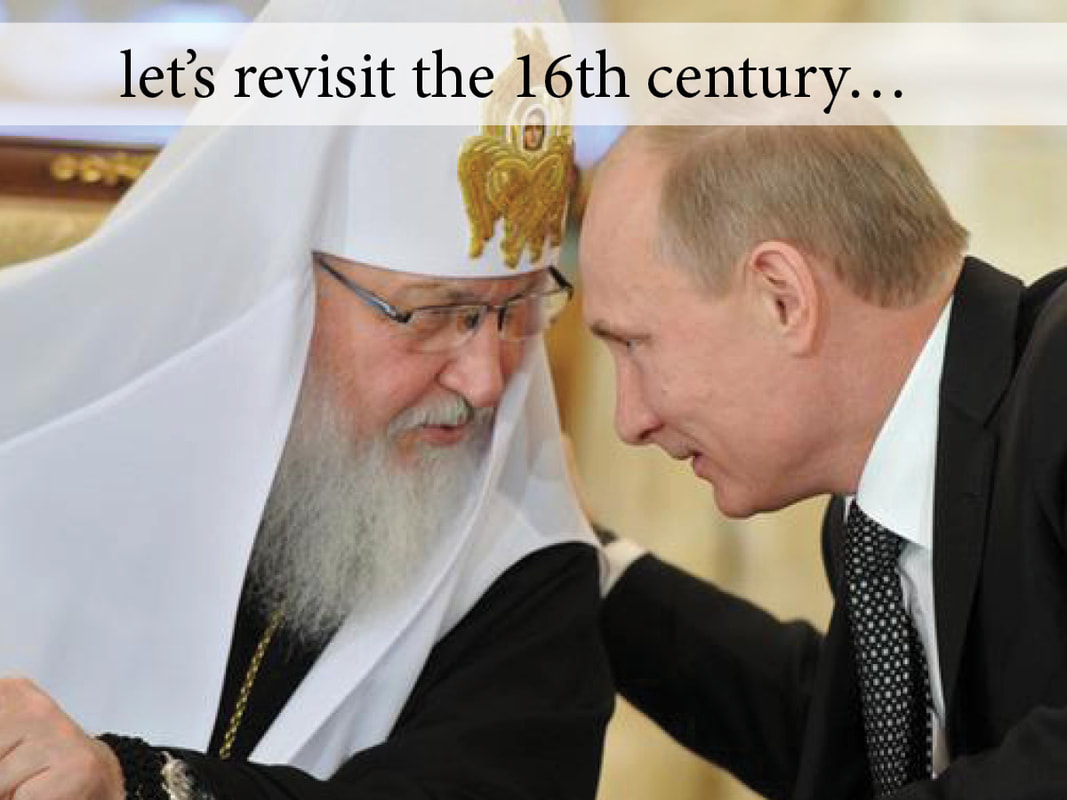
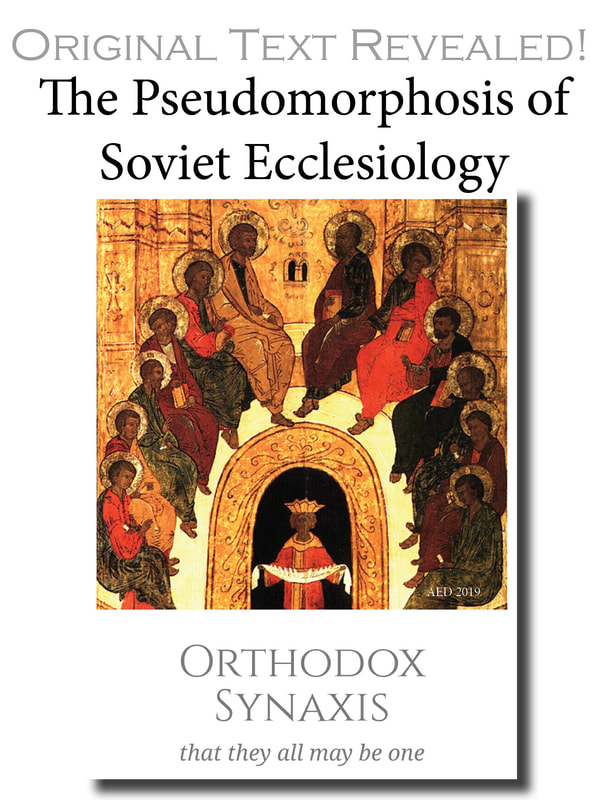
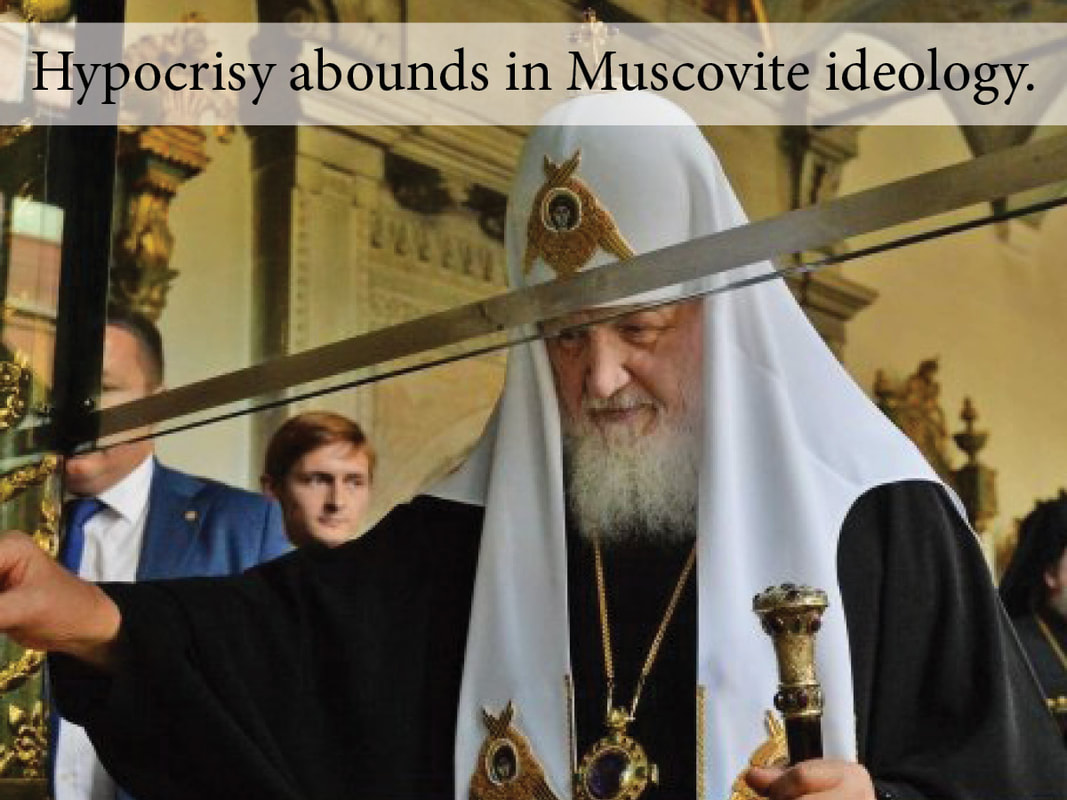
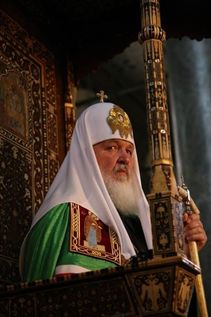
 RSS Feed
RSS Feed

